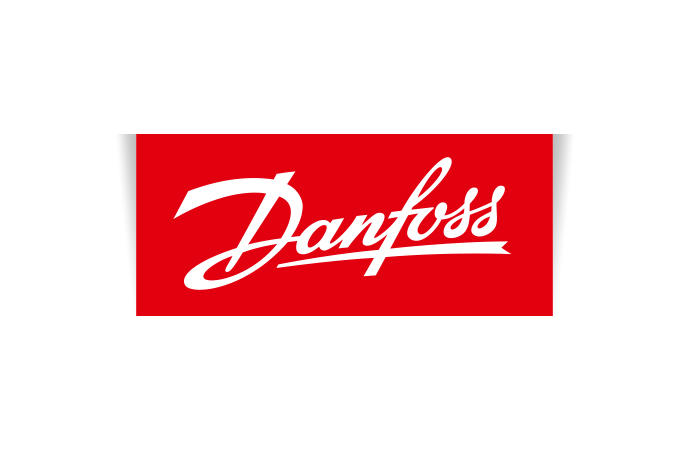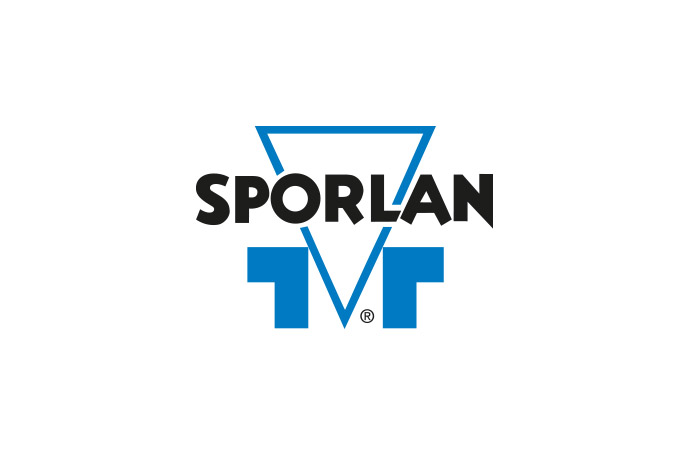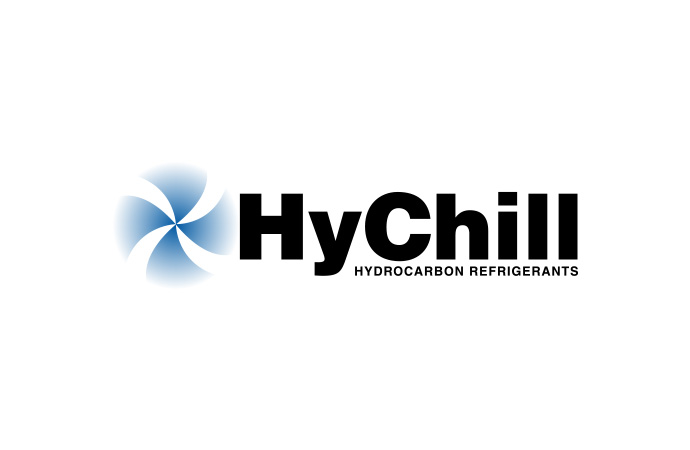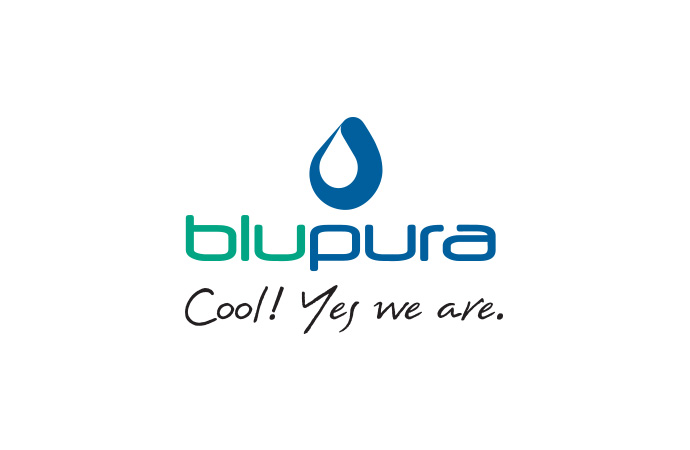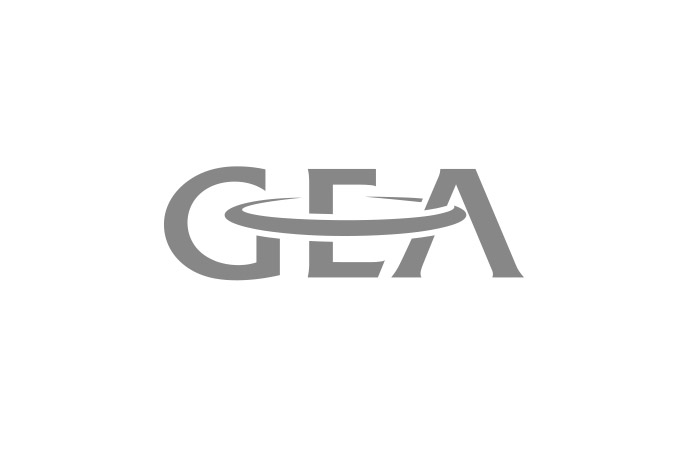The pledge of the Consumer Goods Forum to employ climate-friendly refrigeration using natural refrigerants on the very first day of the Cancún climate summit received wide media coverage, with major publications conducting interviews with key people driving corporate sustainability agendas. hydrocarbons21.com summarises some of the interview highlights.

The Consumer Goods Forum, a CEO-level organisation of 400 global consumer goods manufacturers and retailers such as Coca Cola, Unilever, Tesco and Carrefour, announced the phase-out of refrigerant gases with high global warming potential in new equipment as of 2015 and their replacement with natural refrigerants. If fully implemented, the move may contribute its significant share to fighting global warming and become another strong industry signal to take concrete action where political diplomacy has slowed down international climate talks.
Sustainable sourcing does not have to cost more
Decoupling business growth from environmental impact is possible and even cheaper than continuing business as usual, Paul Polman, CEO of Unilever, argued in an interview with EurActiv.
“I want to emphasise that sustainable sourcing does not have to cost more. Sustainable sourcing can be done in a way that is fair to society and has a competitive price… We are advocating integrating sustainability into innovation programmes and products as a way of doing business”.
“We are now moving all Ola’s ice cream cabinets to cabinets using natural refrigerants' into ones without HFCs, a pollutant, and we have other companies such as Coca-Cola joining – increasing the demand for these cabinets and thus lowering the production cost of these cabinets. In addition, these cabinets use less energy and emit less CO2. Consumers are not willing to pay more for that, but if we label cabinets then that will help us”.
“It doesn’t necessarily cost more money – we have to get out that mind set. We just need to get sustainability into our design and business model from the beginning”.
“In life, many people accept trade offs. They think that in order to improve their product they need to pay for. This is not true at all. Going from vinyl discs to digital didn’t increase the cost of music. If you don’t accept those tradeoffs, - that something needs to be more expensive to be better or environmentally friendly - you will find solutions. It is now time for the world to get out these pre-conceived notions on many of these cases and solve these trade-offs”.
How to embed sustainable thinking within a company
Talking to the Guardian, Jake Backus, Customer Sustainability Director of Coca-Cola Europe stated that he has managed to embed sustainable thinking within his company “by presenting sustainability in business terms and connecting it to long-term growth. This means making the business aware of the risks and opportunities sustainability presents with our key customers, and then developing plans that benefit both parties”.
“I try to explain how actions on sustainability add value to core business objectives, such as efficiency, consumer value, customer (retailer) value, brand trust and shareholder value”, he added.
Offering a piece of advice to others seeking to create change he recommended focusing “on making a strong business case for sustainability so that senior management can see the impacts of action and inaction in financial terms. Only when this case is made can sustainability be embedded in the business and become a core element of all operational planning. It would also be great to see more companies integrate sustainability into business metrics, personal objectives and performance related pay”.
Replying to a question on what is the biggest driver for change in his company, Backus said: “A CEO who fully understands that sustainability is essential for the future growth of the business. The CEO's support means that investment happens, for example in our new PlantBottle, natural refrigerants and improved energy efficiency. Passionate and capable people are also essential to driving change”.
Effecting change through managing our “footprint” and extending our “handprint”
“Managing our footprints is not enough to effect real progress on climate change”, said Jeff Seabright, VP of Environment and Water Resources at Coca-Cola in an interview with Environmental Leader at the United Nations climate conference in Cancún.
“Many companies have the resources to effect change by really changing the trajectory and putting forward solutions that can be shared and scaled. Putting forward collaborative solutions on things like sustainable refrigeration and deforestation is how we extend our “handprint”.”
“At Coca-Cola, we are voluntarily and aggressively moving to remove F-gases in our vending machines, coolers, and cold drink equipment. We’re driving alternative natural refrigerants as a singular contribution to that problem. Our leadership here helps send a signal to suppliers and other companies - and it can help move the market”.
Sustainable sourcing does not have to cost more
Decoupling business growth from environmental impact is possible and even cheaper than continuing business as usual, Paul Polman, CEO of Unilever, argued in an interview with EurActiv.
“I want to emphasise that sustainable sourcing does not have to cost more. Sustainable sourcing can be done in a way that is fair to society and has a competitive price… We are advocating integrating sustainability into innovation programmes and products as a way of doing business”.
“We are now moving all Ola’s ice cream cabinets to cabinets using natural refrigerants' into ones without HFCs, a pollutant, and we have other companies such as Coca-Cola joining – increasing the demand for these cabinets and thus lowering the production cost of these cabinets. In addition, these cabinets use less energy and emit less CO2. Consumers are not willing to pay more for that, but if we label cabinets then that will help us”.
“It doesn’t necessarily cost more money – we have to get out that mind set. We just need to get sustainability into our design and business model from the beginning”.
“In life, many people accept trade offs. They think that in order to improve their product they need to pay for. This is not true at all. Going from vinyl discs to digital didn’t increase the cost of music. If you don’t accept those tradeoffs, - that something needs to be more expensive to be better or environmentally friendly - you will find solutions. It is now time for the world to get out these pre-conceived notions on many of these cases and solve these trade-offs”.
How to embed sustainable thinking within a company
Talking to the Guardian, Jake Backus, Customer Sustainability Director of Coca-Cola Europe stated that he has managed to embed sustainable thinking within his company “by presenting sustainability in business terms and connecting it to long-term growth. This means making the business aware of the risks and opportunities sustainability presents with our key customers, and then developing plans that benefit both parties”.
“I try to explain how actions on sustainability add value to core business objectives, such as efficiency, consumer value, customer (retailer) value, brand trust and shareholder value”, he added.
Offering a piece of advice to others seeking to create change he recommended focusing “on making a strong business case for sustainability so that senior management can see the impacts of action and inaction in financial terms. Only when this case is made can sustainability be embedded in the business and become a core element of all operational planning. It would also be great to see more companies integrate sustainability into business metrics, personal objectives and performance related pay”.
Replying to a question on what is the biggest driver for change in his company, Backus said: “A CEO who fully understands that sustainability is essential for the future growth of the business. The CEO's support means that investment happens, for example in our new PlantBottle, natural refrigerants and improved energy efficiency. Passionate and capable people are also essential to driving change”.
Effecting change through managing our “footprint” and extending our “handprint”
“Managing our footprints is not enough to effect real progress on climate change”, said Jeff Seabright, VP of Environment and Water Resources at Coca-Cola in an interview with Environmental Leader at the United Nations climate conference in Cancún.
“Many companies have the resources to effect change by really changing the trajectory and putting forward solutions that can be shared and scaled. Putting forward collaborative solutions on things like sustainable refrigeration and deforestation is how we extend our “handprint”.”
“At Coca-Cola, we are voluntarily and aggressively moving to remove F-gases in our vending machines, coolers, and cold drink equipment. We’re driving alternative natural refrigerants as a singular contribution to that problem. Our leadership here helps send a signal to suppliers and other companies - and it can help move the market”.
MORE INFORMATION
Related stories




